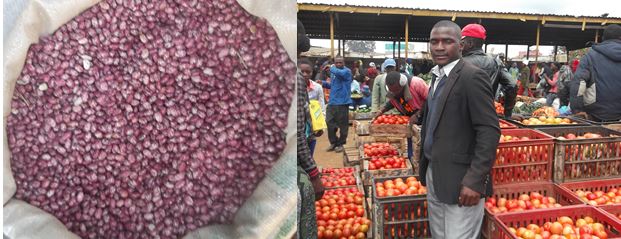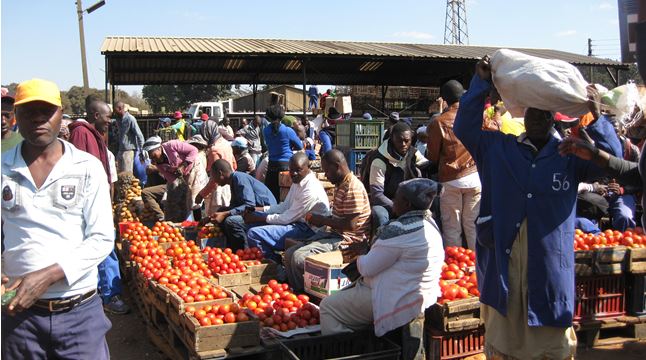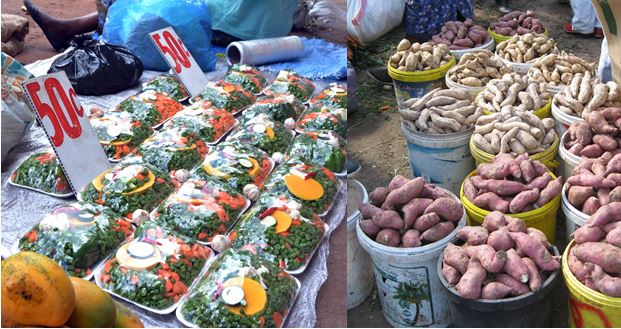Differentiating specialization from monocultural knowledge pathways
While monoculture is mostly understood as the cultivation of a single crop on a farm, area or country, the other half of its definition is the dominance of a single culture, worldview, mindset, set of tools as well as one way of gathering and sharing knowledge. Farmers who think success comes from producing one commodity Read more about Differentiating specialization from monocultural knowledge pathways[…]





